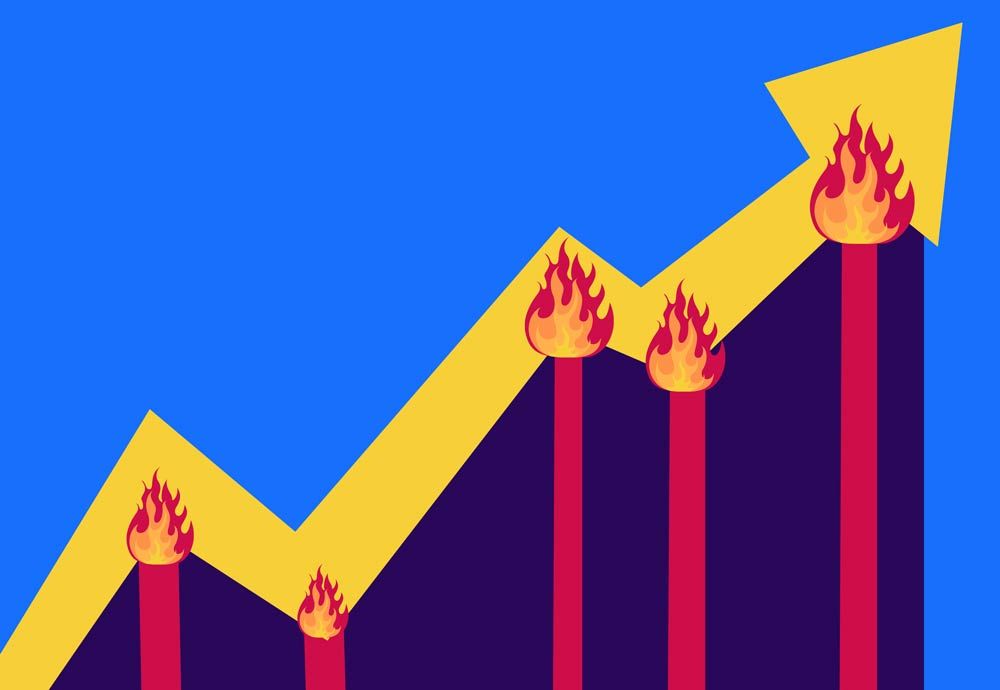When it comes to libido, everyone is unique. What one person may consider a high libido may be low for another, and vice versa. It’s also normal for libido to change over time, or even day to day. For example, a person may feel like getting it on all the time one week, and have no desire for sexual activity the next. While it’s natural for libido to change, if you’ve noticed your libido has steadily decreased from your personal “normal,” you may wonder why and what to do about it.
What is libido?
Libido — also known as a person’s sex drive — is the frequency and intensity someone desires sexual activity. While wanting sex doesn’t always mean you want to have a baby, your libido is linked to your body’s evolutionary need to reproduce. It’s your body’s way of telling you that it’s time to mate, so to speak.
While libido is certainly important, there is no “normal” libido as everyone’s sex drive runs at different speeds. Some people have no libido at all. Whatever constant your sex drive stays at for most of the time is your normal libido.
Why has my libido decreased?
Low libido, or a “decreased interest in sexual activity,” is a fairly common occurrence, and for the most part, shouldn’t cause concern. We don’t have to be interested in sex all day, every day. Nor do we have to match our partner’s libido at all times. However, low libido for a long period of time may cause concern for some people. It can sometimes be an indicator of an underlying health condition.
Here are a few common causes for decreased libido:
- Mental health. If you’re experiencing stress, depression, low self-esteem, anxiety, lack of sleep, etc., your libido may decrease. Besides hormones, libido depends heavily on the amount of personal energy you have available at the time. People who are fatigued, stressed, depressed, sick, lack financial stability, etc., all have suppressed libido. Evolutionarily speaking this is your body’s reaction to stress as a signal that raising an infant is a much higher risk, so reproduction at times of stress is not ideal.
- Hormones. Low levels of testosterone or estrogen, either caused by a natural fluctuations, age, or by medications like birth control or antidepressants (SSRIs), can cause your libido to decrease.
- Chronic illness. Illnesses and health issues like diabetes, cancer, obesity, and high cholesterol (as well as medications to treat such issues) can weaken your libido over time.
- Drugs and alcohol. Alcohol acts as a depressant, meaning it hinders the nervous system, thus thwarting blood circulation, nerve sensitivity, and respiration—all vital for healthy arousal. Furthermore, alcohol can cause dehydration and increased levels of angiotensin, a hormone connected with erectile dysfunction.
Similarly, drug use, of both marijuana and opioids, has also been shown to cause erectile dysfunction in some people, North Point Recovery reports.
- Relationship issues. If you are not confident in your relationship for any reason, or simply feel disconnected to your partner, sexually or otherwise, you may experience a decrease in sexual desire. Sometimes, reaching out to a therapist or a relationship counselor can help.
- Falling into a sexual routine. Everyone needs different things out of their sexual experiences at different times. If you’re finding your sex life to be boring, or if you’ve fallen into a routine with a partner that’s not working for you, this can cause your libido to drop.
- Age. Typically, as we age, libido decreases for a couple reasons. One, we don’t need to keep reproducing because women’s fertility ends with menopause.
Menopause, or the natural decrease of hormone production in the ovaries, results in a drop in estrogen as well as a decline in libido. People who are biologically male also go through a hormonal change as they age, but less rapidly and drastically as their female counterparts. This transition, called andropause, causes a gradual decrease of testosterone over time, which therefore affects sexual desire.
